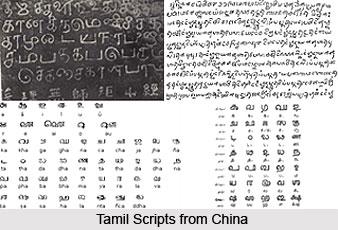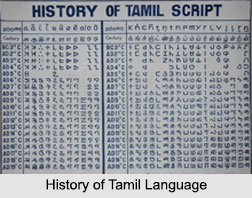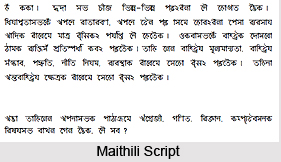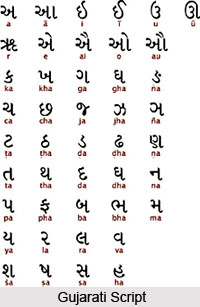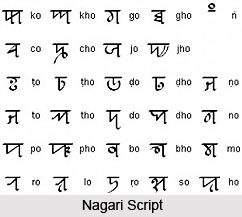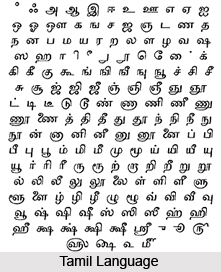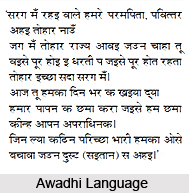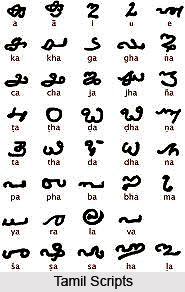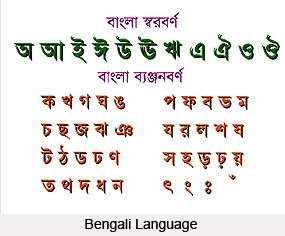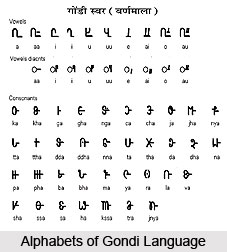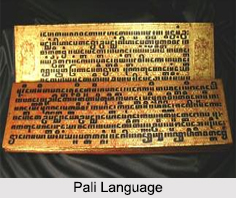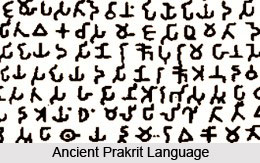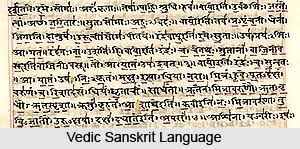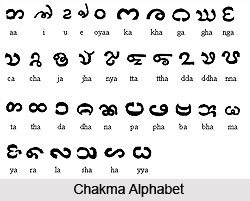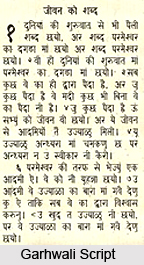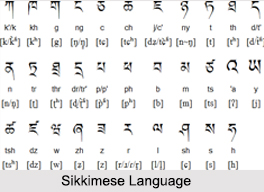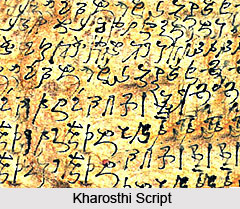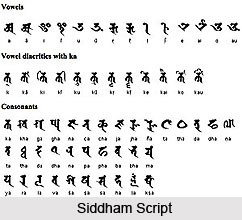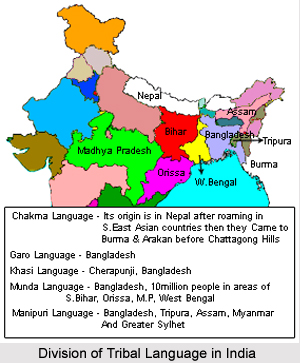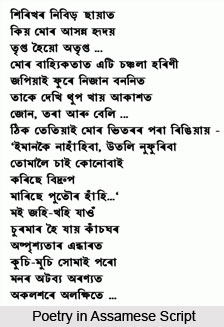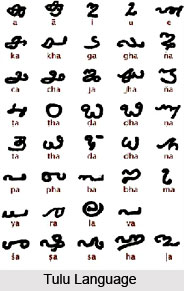 Tulu language is a language of the Dravidian tribal language group. This language is spoken by near about 1.95 million native people of the southwest region of the country. In this country, more than 1.72 million people speak the Tulu language as their mother tongue. Interestingly, the percentage has tremendously increased by over 10 percent since the 1991 census. Report also shows that Tulu language is presently spoken by almost five million native speakers in the whole world. Tulu language speaking native people of the country are referred to as Tuluva or Tulu people. Tulu language has a number of features that are not found in the Tamil-Kannada language. It is separated from the Proto-South Dravidian language group. One of the examples of its features is that this language has just like French or Spanish, pluperfect and future perfect, but it is formed without an auxiliary verb.
Tulu language is a language of the Dravidian tribal language group. This language is spoken by near about 1.95 million native people of the southwest region of the country. In this country, more than 1.72 million people speak the Tulu language as their mother tongue. Interestingly, the percentage has tremendously increased by over 10 percent since the 1991 census. Report also shows that Tulu language is presently spoken by almost five million native speakers in the whole world. Tulu language speaking native people of the country are referred to as Tuluva or Tulu people. Tulu language has a number of features that are not found in the Tamil-Kannada language. It is separated from the Proto-South Dravidian language group. One of the examples of its features is that this language has just like French or Spanish, pluperfect and future perfect, but it is formed without an auxiliary verb.
According to some scholars, Tulu is considered as one of the extremely developed languages belonging to the Dravidian family of tribal languages. However, this language does not have many written literature, but it has a prosperous oral literature. One of the finest examples of its oral literature is the `Siri Epic`. Tulu language is the chief spoken language in the Tulu Nadu region. This region comprises several districts of Udupi and Dakshina Kannada that are in the west of Karnataka and Kasaragod district of the state of Kerala. Besides the Tulu Nadu region, a noteworthy emigrant population of the Tuluva or Tulu people is also found in the state of Maharashtra and Bengaluru. The Non-native speakers such as the Konkani-speaking Mangalorean Catholics and Gowda Saraswath Brahmins of Tulu Nadu region are basically well-versed in the Tulu language.
Tulu language was initially written by using the Tulu script that is a version of the Grantha script. Tulu language originally belongs to the southern division of the Dravidian language family. It comes down directly from the Proto Southern Dravidian, the hypothesised language from which actually all the Dravidian languages have come. The term `Tulu` has been associated with water. According to linguists, Tulu means the language of the waters. Moreover, the traditional land of the Tulu language speaking people is the coastal region of the state of Karnataka and Northern Kerala. Tulu language is one of the widely spoken languages of the southern region of the country.
